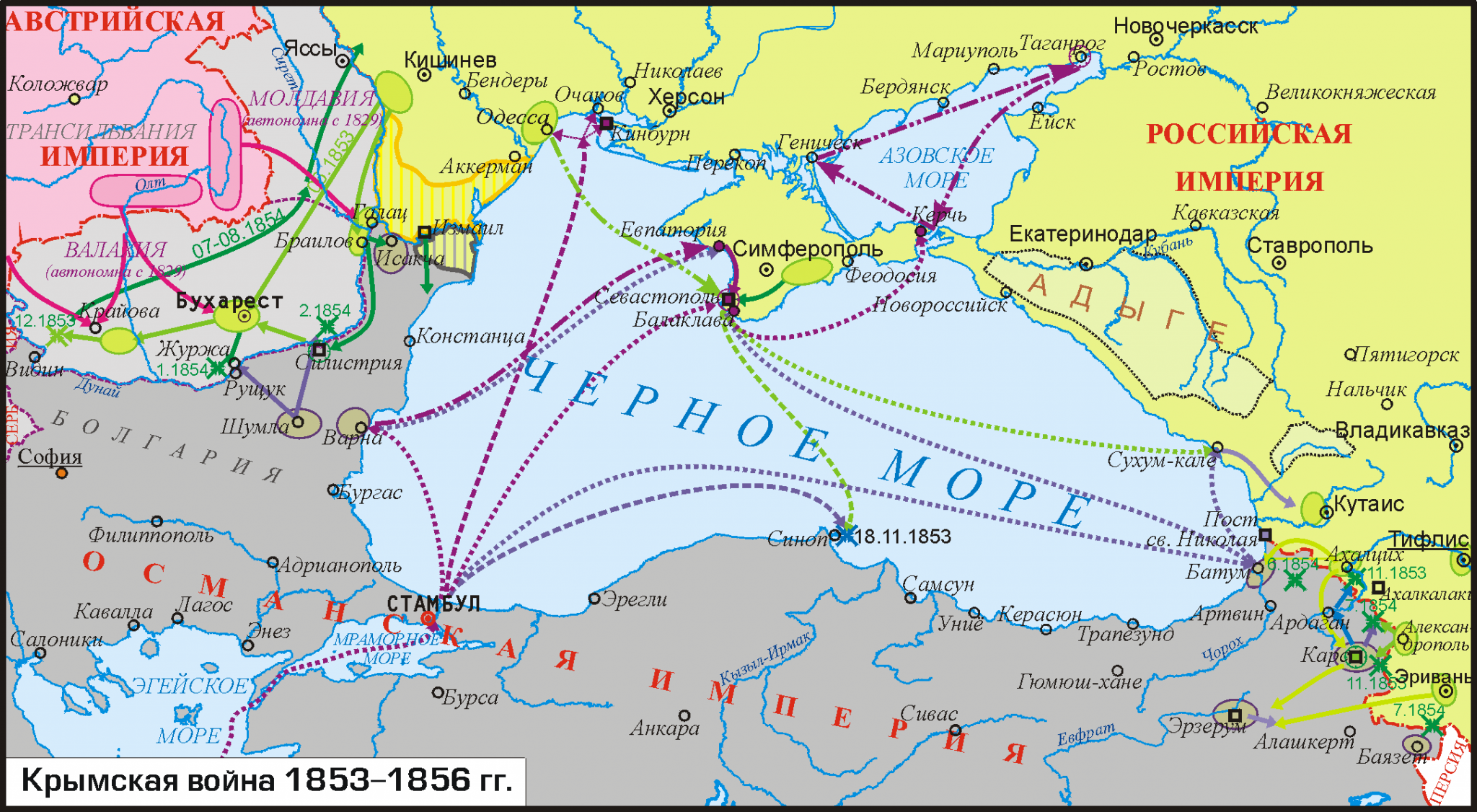
In Episode 116 of the CounterVortex podcast, Bill Weinberg provides an overview of geostrategic and political thinking on the criticality of Eastern Europe and especially Ukraine, from the Crimean War to the contemporary catastrophe. Despite contemporary misconceptions, Karl Marx and Frederick Engels shared the perception of a “Russian menace to Europe” with theorists of Western imperialism such as Halford John Mackinder, Lord Curzon, Alfred Thayer Mahan, Nicholas J. Spykman, and Zbigniew Brzezinski. Arch-reactionary or openly fascist conceptions of “Eurasianism” were taken up by the German Karl Haushofer and the Russians Mikhail Katkov and Ivan Ilyin—the latter a formative influence on Alexander Dugin, the intellectual mastermind of Vladimir Putin’s revanchist imperial project.
Listen on SoundCloud or via Patreon.
Production by Chris Rywalt
We ask listeners to donate just $1 per weekly podcast via Patreon—or $2 for our new special offer! We now have 31 subscribers. If you appreciate our work, please become Number 32!
Map of Crimean War theaters via Wikimedia





Erratum re. Crimean War history
At 12.41 in our new podcast, in the discussion of the Crimean War, I say Sevastopol was the base of Russia’s “Black Flea Seat,” instead of “Black Sea Fleet.” At 14.05, I say that after the war the Turks were compelled to “seize control” of the Danubian Principalities; of course I meant “cede control.”
Marx on the ‘Russian menace’
In a London speech to a meeting of the International Workingmen’s Association on Jan. 22, 1867, commemorating the 4th anniversary of the Polish Uprising of 1863, Karl Marx expounded on “Poland and the Russian Menace.”